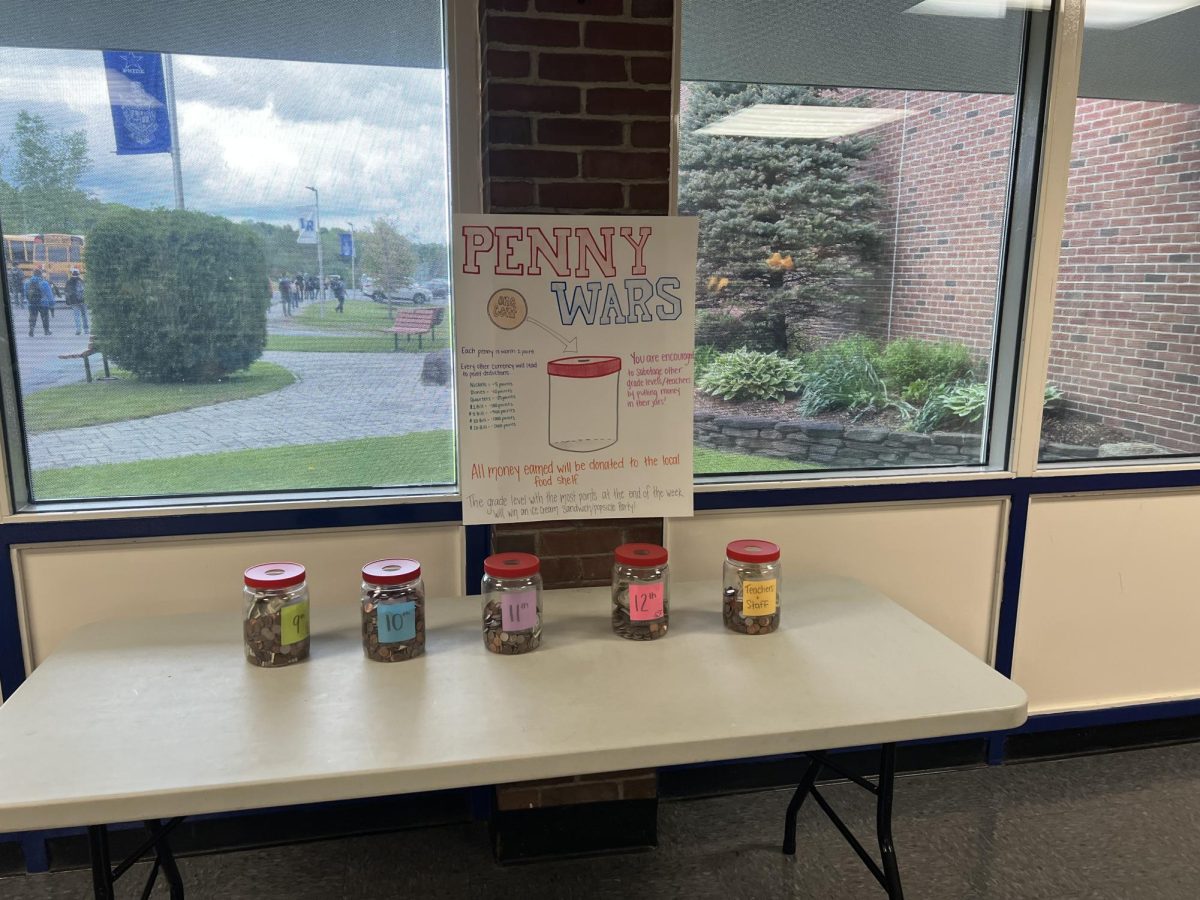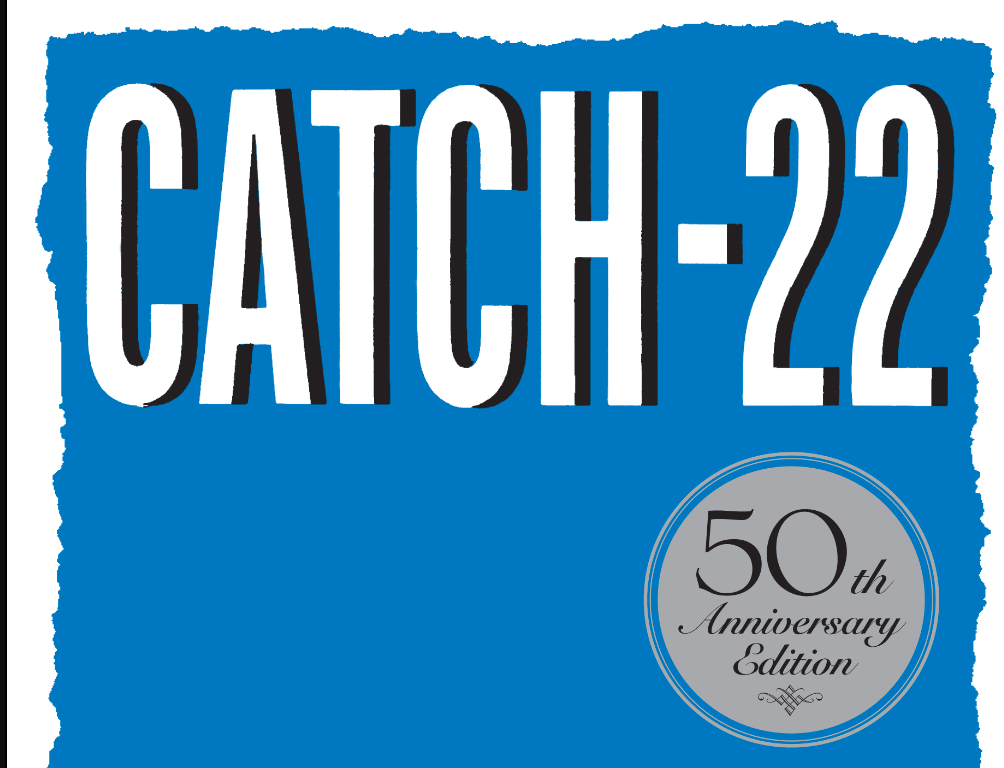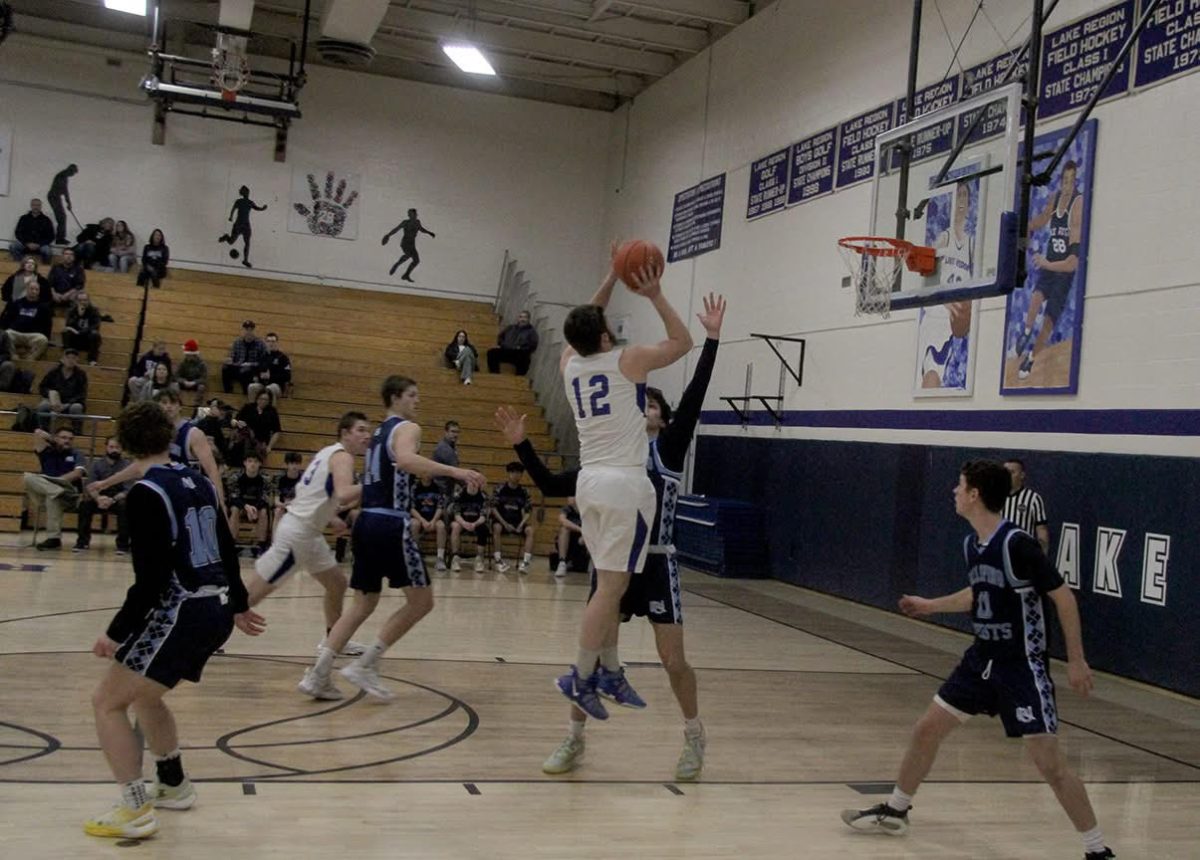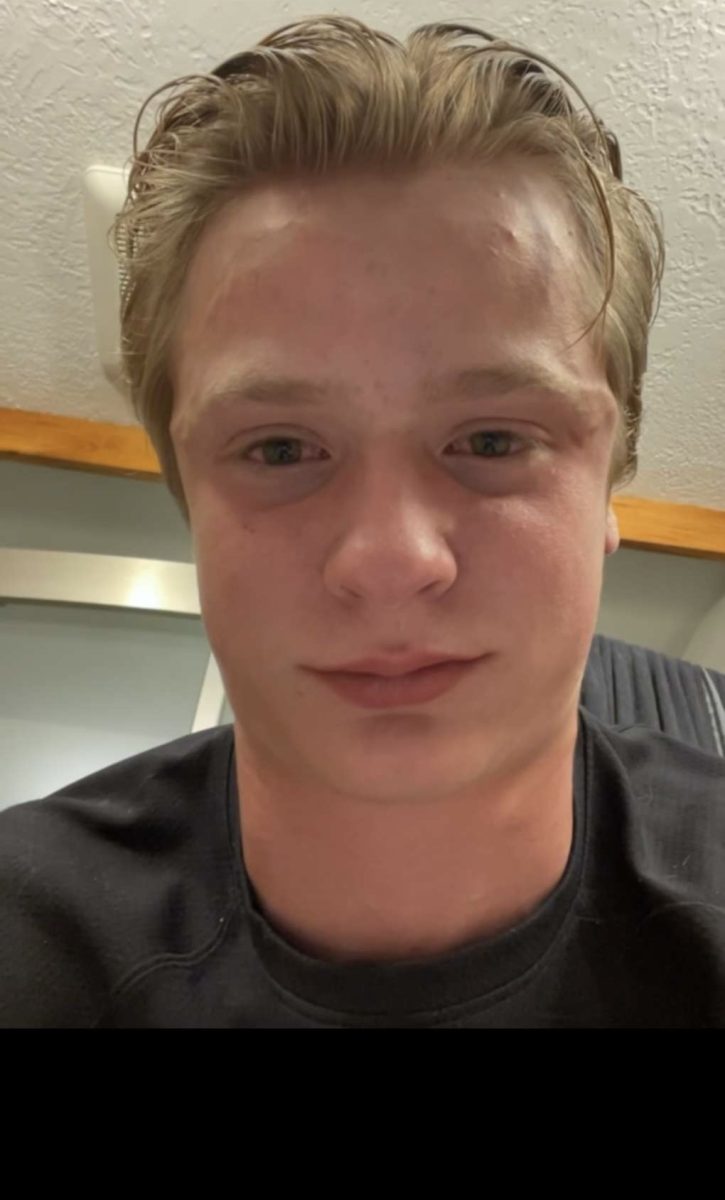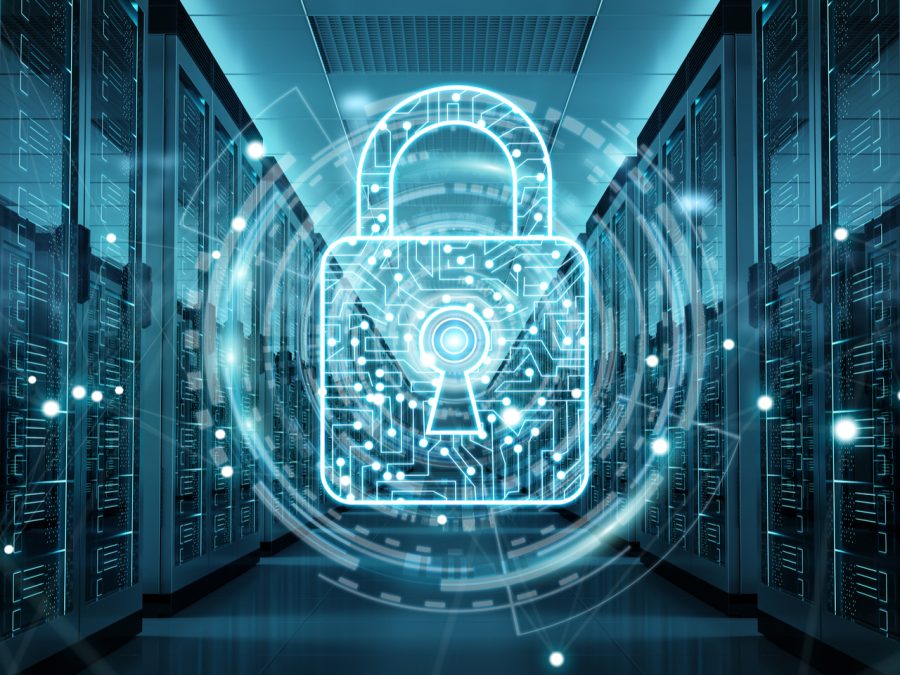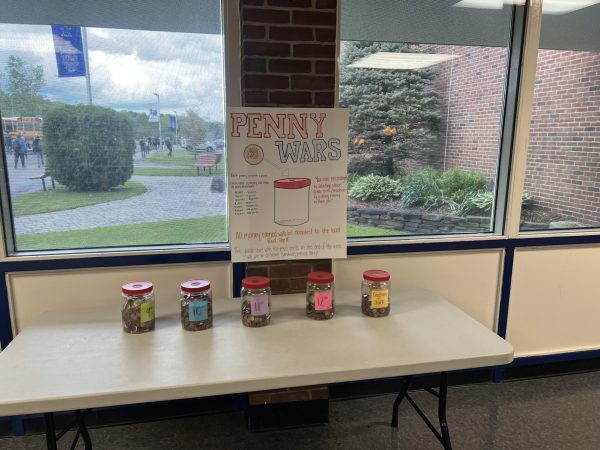Blocking Traffic: OCSU’s Firewall
Why do we have a firewall?
Mrs. D’Olimpio has just finished teaching another Spanish grammar concept and sends the class to a website for practice, but it turns out to be blocked by the OCSU district’s proxy server.
Mrs. Pastel assigns a digital newspaper article for homework only to find the next day that it was blocked and students couldn’t read it.
AP Geography students tasked with finding images of foriegn countries are able to see, but unable to access, half of the images Google returns.
One student taking a virtual class on CCV had all her video lessons blocked. She went to tech specialists in the library, and they said they couldn’t do anything about it. She then went to Mr. Mess, who said he would look into it, but couldn’t promise anything. She ended up needing to install a VPN on the school’s laptop to entirely bypass the server so she could get her work done.
These and similar inconveniences have been a theme while using the internet this year at Lake Region, and it seems like what is blocked on the school’s computers is largely random. So why is OCSU filtering the internet at all? Well, it turns out they have to.
The OCSU school district, which includes Lake Region, receives funding for its internet connection through E-Rate, a program run by the Federal Communications Commission that gives money to rural schools and libraries. E-Rate pays for 80% of the district’s $80,000 annual network costs.
To qualify for money from E-rate, the district must comply with the Children’s Internet Protection Act (CIPA). The act requires a “technology that blocks or filters internet access” to be used on its computers for minors under 17. Compliance requires schools address quite a few things:
- Access by minors to inappropriate matter on the internet and World Wide Web
- The safety and security of minors when using electronic mail, chat rooms, and other forms of direct electronic communications
- Unauthorized access including “hacking” and other unlawful activities by minors online
- Unauthorized disclosure, use, and dissemination of personal information regarding minors
- Measures designed to restrict minors’ access to materials harmful to minors
In addition, schools must also be actively “educating minors about appropriate online behavior, including interacting with other individuals on social networking websites and in chat rooms, cyberbullying awareness, and response.”
Why has this been problematic?
These standards require a lot of restrictions. Students’ communications have to be regulated, and they have to be somehow prevented from disclosing personal information regarding themselves and prevented from “hacking.” They can’t be able to access inappropriate content on the internet. Meeting these requirements without blocking all of the internet, or manually whitelisting acceptable sites, is impossible to do without error.
The requirement for internet filtering explicitly mentions the blocking of child pornography, but it also leaves some room for interpretation. The standard outlined in CIPA reads, “decisions about what matter is inappropriate for minors are made by the local community.” In Lake Region’s case, these decisions are left to OCSU and the superintendent.
Penny Chamberlin, the superintendent, said to me that OCSU “does not block more than is necessary to meet the requirement.” She also points to the large number of blocked sites and says safety is a high priority for her.
On October 1st, by 3:15 pm, the district’s computers had made 17 thousand searches, visited 56 thousand websites and blocked access to an additional 12 thousand. I talked with Jeffrey Everett, the district’s technology coordinator. He explained that filtering the internet is not an exact science. “Blocking/filtering technologies rely on classes of content as managing lists of individual sites is not practical,” he explained. SItes are classified through different automated protocols which do not have the precision of humans. The seemingly random blockages of safe sites are a consequence of this.
Has it gotten worse since last year?
Everett declined to provide specifics about filtering and the network out of concern for security, but he did say that OCSU hasn’t changed the service it uses to block websites or which classes of content get filtered since last year.
Everett pointed out in our interview that one reason people may think it’s worse is because back in September, all of Youtube was temporarily blocked in response to a particular incident somewhere in the district.
It’s probable that since last year the service has internally increased the number of blocked sites under each category, but without details about the service, that’s only speculation.
It appears that the proxy server is here to stay for the foreseeable future. We have it because the federal government incentivizes it, and we must live with requirements in the Children’s Internet Protection Act that are very restrictive. Unless something happens at the top of the chain, students will likely still—at least occasionally—be forced to pull out their phones to locate academic resources their own school devices cannot access.

